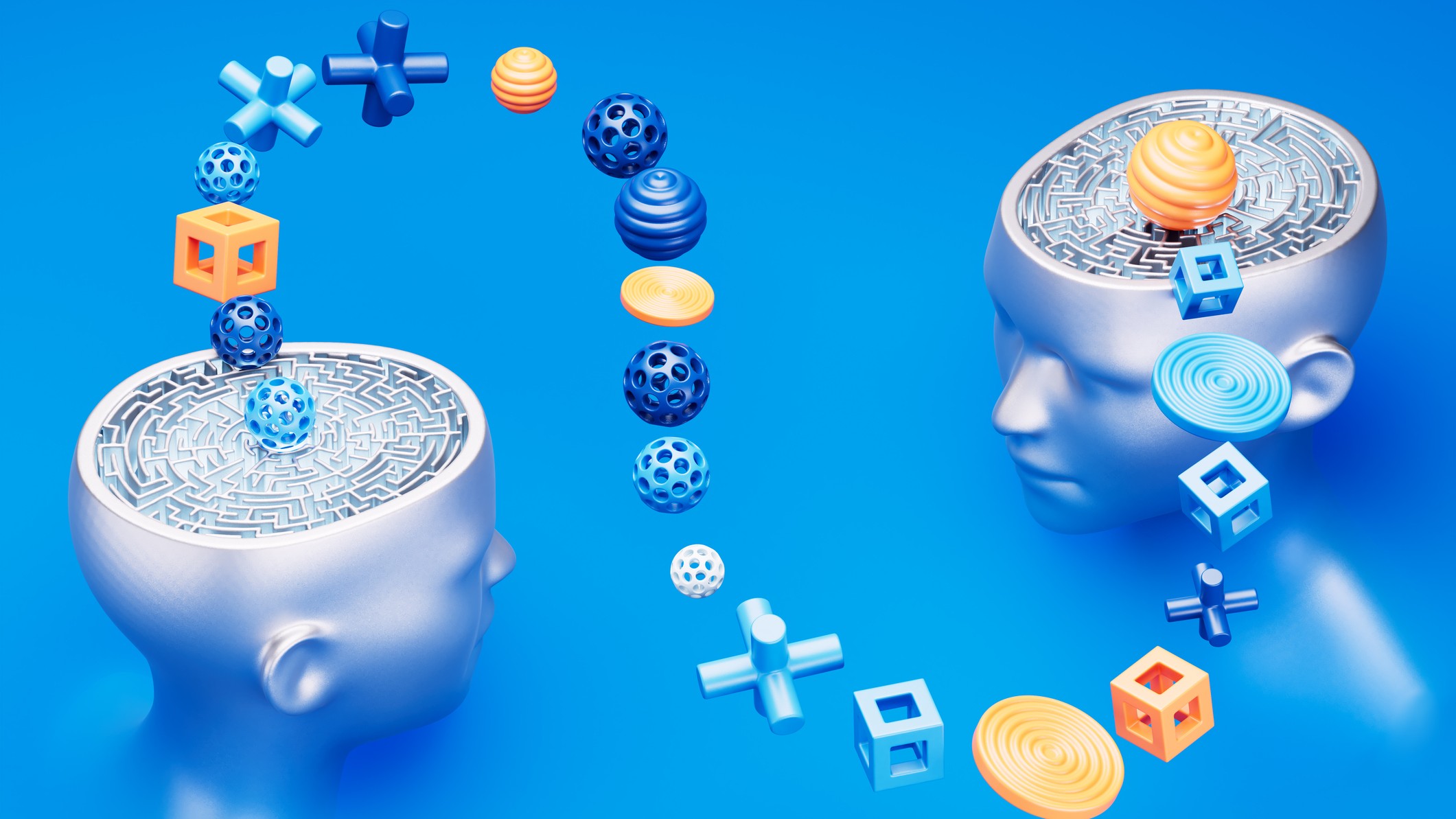It may be time to think outside the box.
Many Americans will experience some level of brain decline as they age, ranging from mild cognitive impairment to dementia.
Maintaining a sharp mind is crucial — strong cognitive function is vital for overall well-being and a high quality of life.
Perhaps you’ve heard that you should eat a healthy diet, exercise regularly, engage in mentally stimulating activities, get enough sleep and make social connections to support your brain.
Dr. Daniel Amen, a double board-certified psychiatrist and brain-imaging researcher in California, has five other bright ideas for powering your think tank.
Give your mind a name
“Naming your mind creates psychological distance between you and the noise in your head,” explained Amen, founder of Amen Clinics.
“Research on ‘distanced self-talk’ shows it boosts emotional regulation, self-control and even decision-making.”
Distanced self-talk, also known as third-person self-talk, is when you refer to yourself using your own name or “you” instead of “I,” “me” or “my” during self-reflection.
Amen revealed that he named his mind “Hermie” after the “troublemaker” pet raccoon he had as a teen.
“The next time your mind starts ranting about how you’re a failure, blame Hermie (or whatever name you give to your mind) — and put her back in her cage,” Amen said.
Kill automatic negative thoughts
Automatic negative thoughts (ANTs) are toxic, frequently irrational ideas that pop into your head, especially during stressful situations.
If you feel sad, mad, nervous or out of control, write down your ANTs and ask yourself these simple questions championed by spiritual mentor and author Byron Katie.
- Is it true?
- Is it absolutely true? Do I know it with 100% certainty?
- How do I feel when I believe this thought?
- How would I feel if I couldn’t have this thought?
- Now, turn the thought around to its opposite. Is the opposite of the thought true or even truer than the original thought?
Try table tennis
Members of PingPongParkinson will tell you that playing table tennis has delayed the progression of their Parkinson’s disease symptoms because the game requires concentration, hand-eye coordination and balance and fosters social interaction.
“Table tennis is like aerobic chess,” Amen said. “You have to get your eyes, hands and feet all working together while you think about the spin on the ball.”
Amen said the activity works the cerebellum, the brain region located at the back and bottom of the skull, which is key for coordinating movements and influencing thought.
He also noted that table tennis causes very few head injuries.
Consume mushrooms
Certain fungi are rich in antioxidants, anti-inflammatory compounds and polysaccharides that help protect the brain from oxidative stress and aging, Amen said.
“Science shows that mushrooms like reishi, Cordyceps and lion’s mane may help reduce anxiety, improve memory impairment and boost mood,” he added.
“Together, these mushrooms help support memory, focus, mood, balance and long-term brain resilience.”
Create a ‘one-page miracle’
“If you want to be successful in any area of your life, you have to tell your brain what you want over and over again,” Amen advised.
“Then ask yourself if your behavior is getting you what you want,” he continued. “Does it fit your goals? Do this now and post it where you can see it every day.”
This exercise is called a “one-page miracle” — write what you want in key areas of your life.
Don’t document what you don’t want. Look at it every day and assess if you are doing things to reach your goals.














